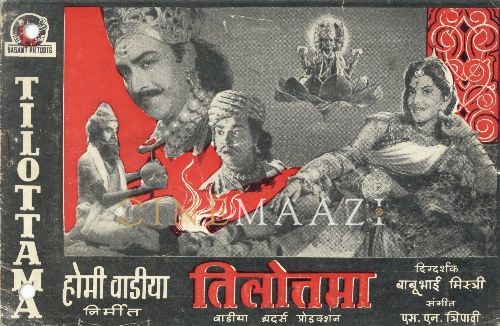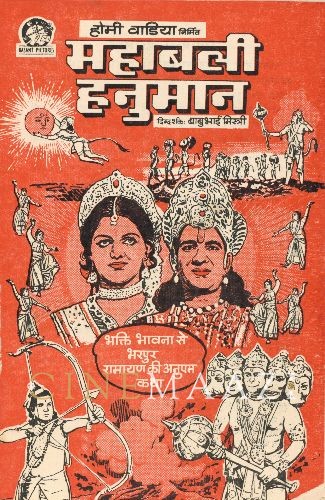This section is for paid subscribers only. Our subscription is only $3700/- for one full year.
You get unlimited access to all paid section and features on the website with this subscription.
Subscribe to read full article
This section is for paid subscribers only. Our subscription is only $37/- for one full year.
You get unlimited access to all paid section and features on the website with this subscription.
Not ready for a full subscription?
You can access this article for $2, and have it saved to your account for one year.
- LanguageGujarati
The problem whether there is life after death confuses many minds on this earth. Man is trying vigorously to solve this mystery. As an answer to this problem, an unbelievable love-lore has created wonder in the lap of saurashtra. The immortal love between padmavati and mangdavalo is being sung even today in Gujarat, saurashtra and kutch by poets, bards and folk singers at fairs and festivals and in traditional theatrical companies. The story expresses the agony of these lovers full of love and bravery dipped in mysticism which has no parallel on this globe.
Mangdavalo of Dhatarwad, a cousin of bhan jethva, follows bayal chawda to release the cowherds which the latter is driving away illegally. On the way he comes across his lover padmavati’s palace, where he is invited by her to play chess. He refuses and promises her to come back and play the game and requests her not to disturb the pawns of the chess. In the fight. Mangdavalo is killed: by the sword of bayal, but the edge of the sword if broken in between his ribs. After death mangdavalo turns himself into a ghost. On hearing of this death, the lover padmavati loses mental balance and turns mad. Her marriage is now being arranged with an mently retarded son of a wealthy seth. The marriage party on the way to the bride’s place passes by the same banyan tree where mangdavalo was killed; and they decide to take rest under the same tree. The leader of this marriage party is one arsiwalo, the uncle of mangdavalo, arsivalo meets the ghost of mangdavalo roaming in that uninhibited area and requests his uncle to replace him as the bride groom and allow him to marry padmavati.
It is a precarious position for arsivalo to help to marry a ghost with a living being. How arsivalo solves this problem, how the ghost and the living being live as married couple, how a banyan tree in day time turns into a beautiful palace at night, how the ghost helps outlaws jesaji and vesaji how the edge of the sword pains mangdavalo’s ghost and in the end too how mangadavalo achieves ‘MUKTI’ at the hands of his married wife in Damakund, is a treat to see on the screen.

Crew
-
Director










.jpg)



